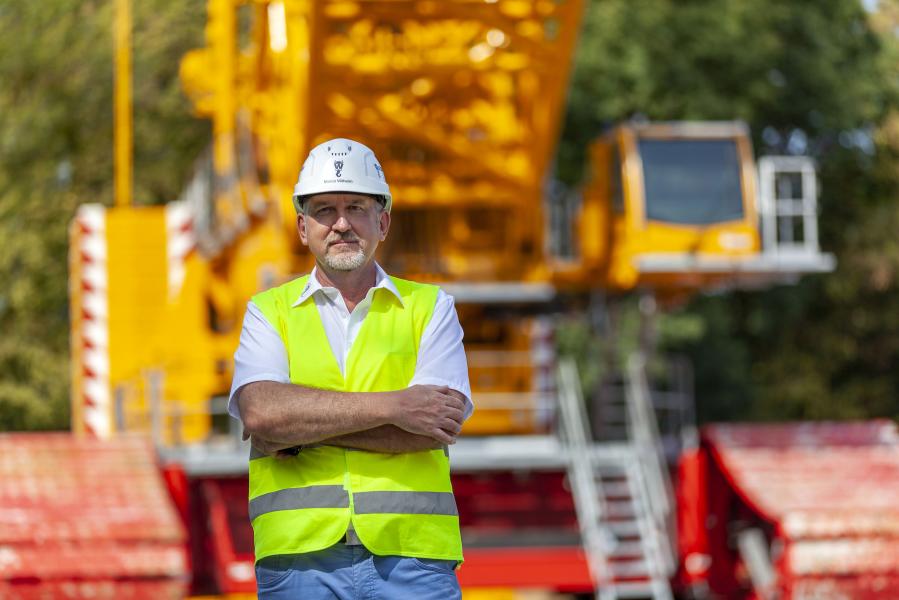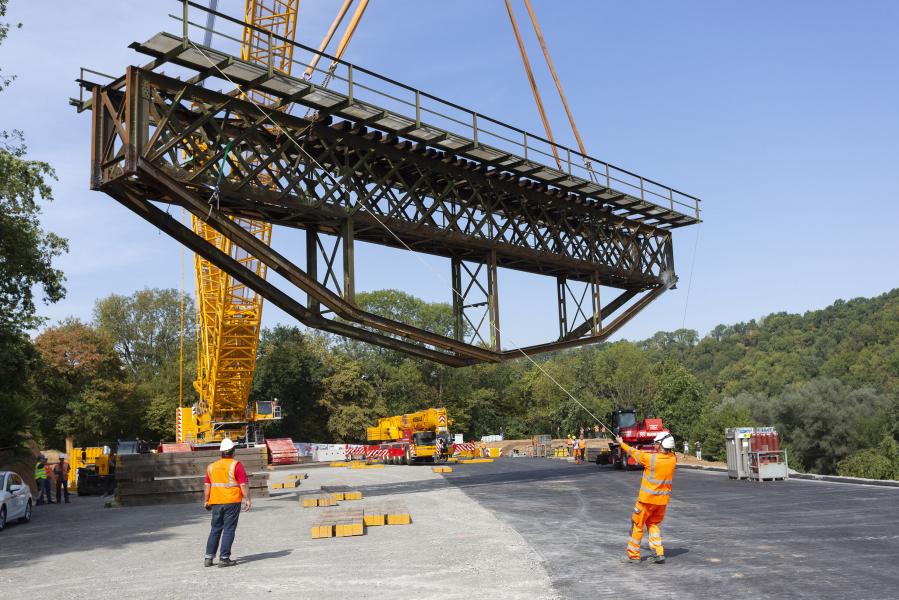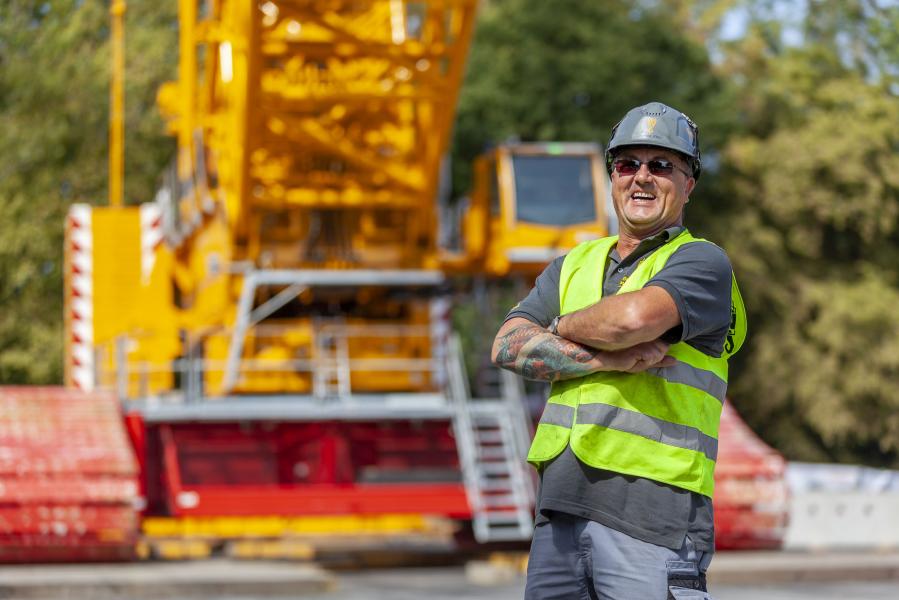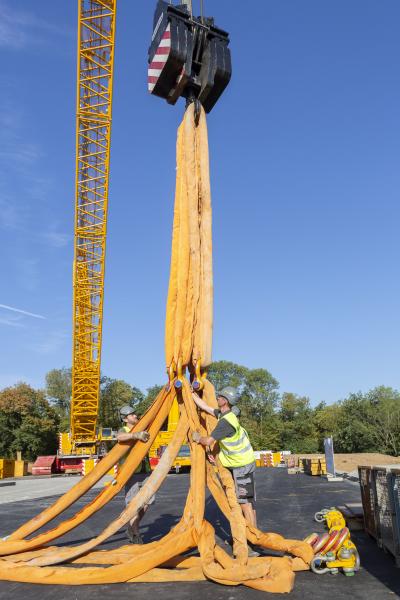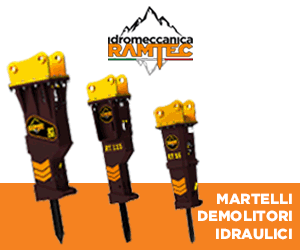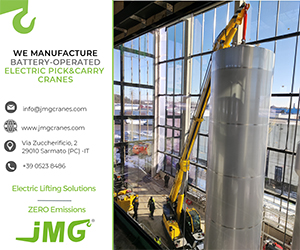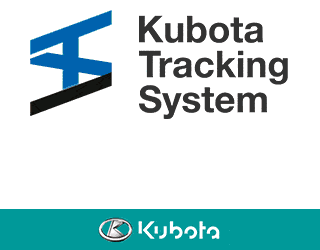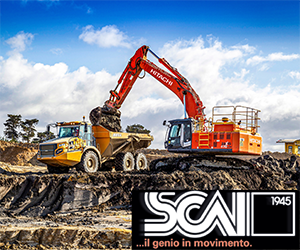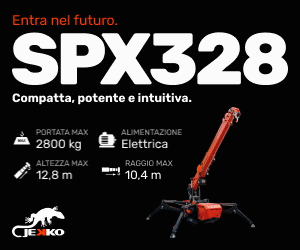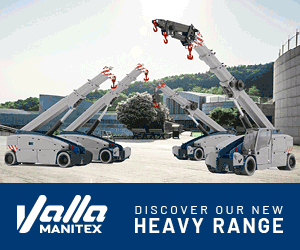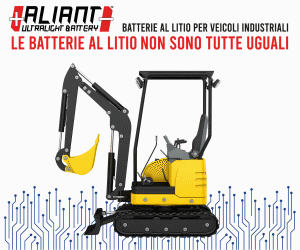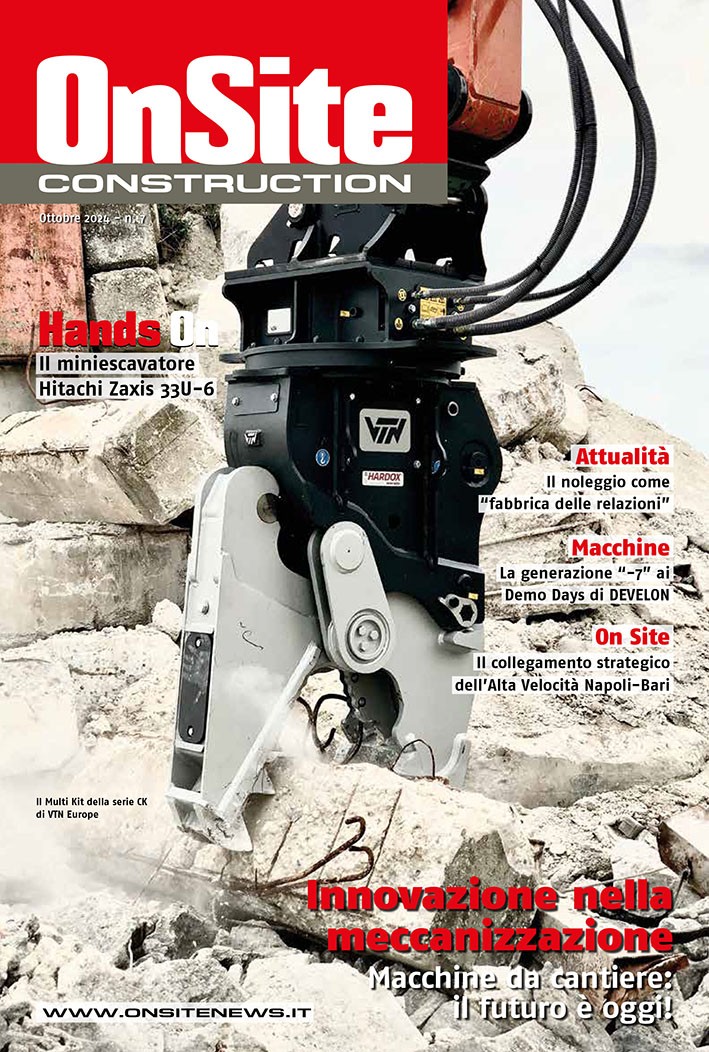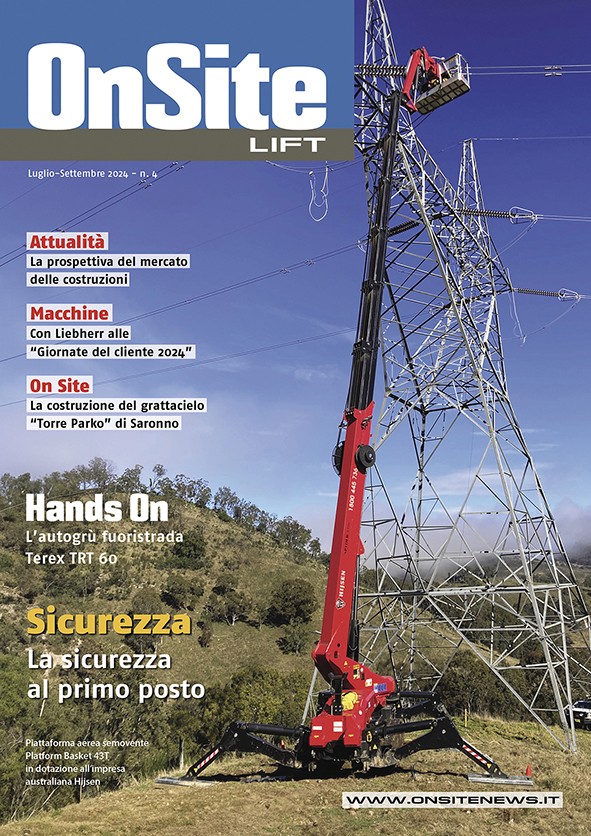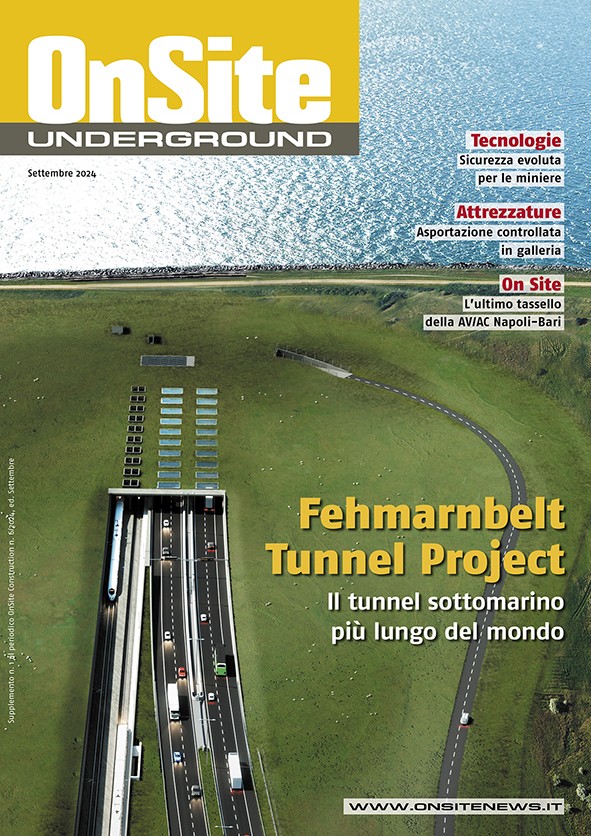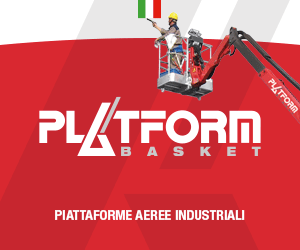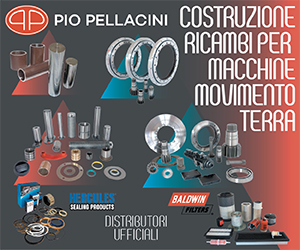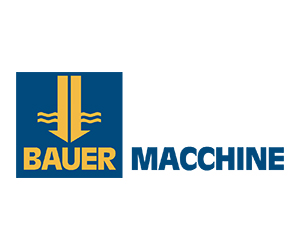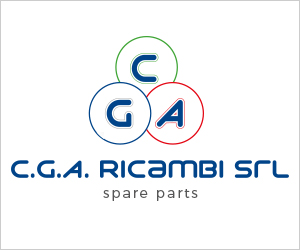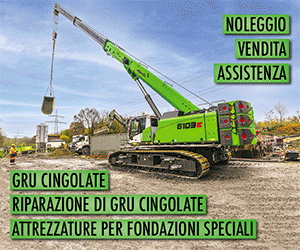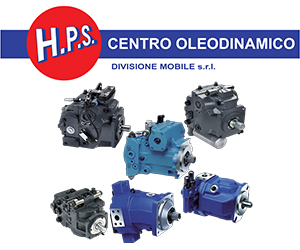Home \ International \ Wiesbauer completes all sorts of projects using a Liebherr crawler crane
Wiesbauer completes all sorts of projects using a Liebherr crawler crane
15/02/2019
Pubblicato da Redazione
Wiesbauer’s Liebherr LR 11000 hoists railway bridge with large radius
Crane contractor Wiesbauer, based between Stuttgart and Heilbronn, has been operating a Liebherr LR 11000 crawler crane since autumn 2017. The company operates on a nationwide basis and has five sites in Baden-Württemberg, concentrating on heavy haulage and industrial assembly work in addition to its classic crane business.
The new 1000 tonne crawler crane is currently the most powerful machine in the crane contractor’s fleet. Whilst the LR 11000 initially exclusively tackled jobs in the wind industry, the large crane has now also shown what it can do for the first time on an infrastructure project.
The new crawler crane had its first job in the south of Germany no more than 20 kilometres as the crow flies from the company’s head office in Bietigheim-Bissingen involving the removal of a decommissioned steel bridge. As a result of the location of the 100 year old railway bridge in a flora and fauna habitat conservation zone, the crane had to be set up a considerable distance away. The crawler crane had to remove the so-called fish-bellied bridge using a radius of around 60 metres. Fitted with its 96 metre main boom and a derrick boom, the crane moved the decommissioned lattice construction, weighing around 60 tonnes, out of the nature conservation area.
A total of 405 tonnes of ballast, 225 tonnes of which were on the derrick pallet, ensured that the crawler crane had sufficient counterweight. However, before the load could be placed on the ground, the fish-bellied girder, an arch running under the bridge support, had to be removed using flame cutters. Hoisting in and assembling the parts for the temporary bridge was then a matter of professional routine for the team from Wiesbauer.
“Perfect handling, well-planned and practical”
Marco Wilhelm, authorised signatory and project manager at Wiesbauer was also at the site. He planned the job on the old railway bridge in minute detail from setting up the massive site area on a slope to the actual hoist. The later second phase of the job also had to be included in the planning because a new steel bridge weighing 150 tonnes is to be assembled and then hoisted into place in two years time on the large site. This will replace the temporary structure which is currently in position. The complete performance potential of the LR 11000 will be required for this crane job.
The crawler crane could have several hoists like this to complete over the next few years. “We have already had several enquiries”, confirms Wilhelm. “We do not just want to use the crane in wind farms, but we are also trying to attract jobs in industry and on infrastructure projects.” Wilhelm can quote several clear reasons behind the company’s decision to buy a Liebherr LR 11000: “Just from a handling point of view, the crane is perfectly designed, very well planned and practical. And, of course, the performance parameters of this crawler crane class are ideal.”
Crane operator Thomas Kley, who alternated in the cabin of the 1000-tonne crane with his colleague Hans-Günther Zelewski, is delighted with his new machine. After almost three years operating a crawler crane from a rival brand, he says the switch to Liebherr was not a problem at all. “When I arrived in Ehingen for the crane handover, at first I thought that the switch would be difficult,” admits Kley, “but then things went relatively quickly because the crane has a very logical design.” The set-up procedure, crane controller and the whole crane logic system is much easier for the user. “They are worlds apart. Worlds.”

Ultime notizie di Liebherr Italia
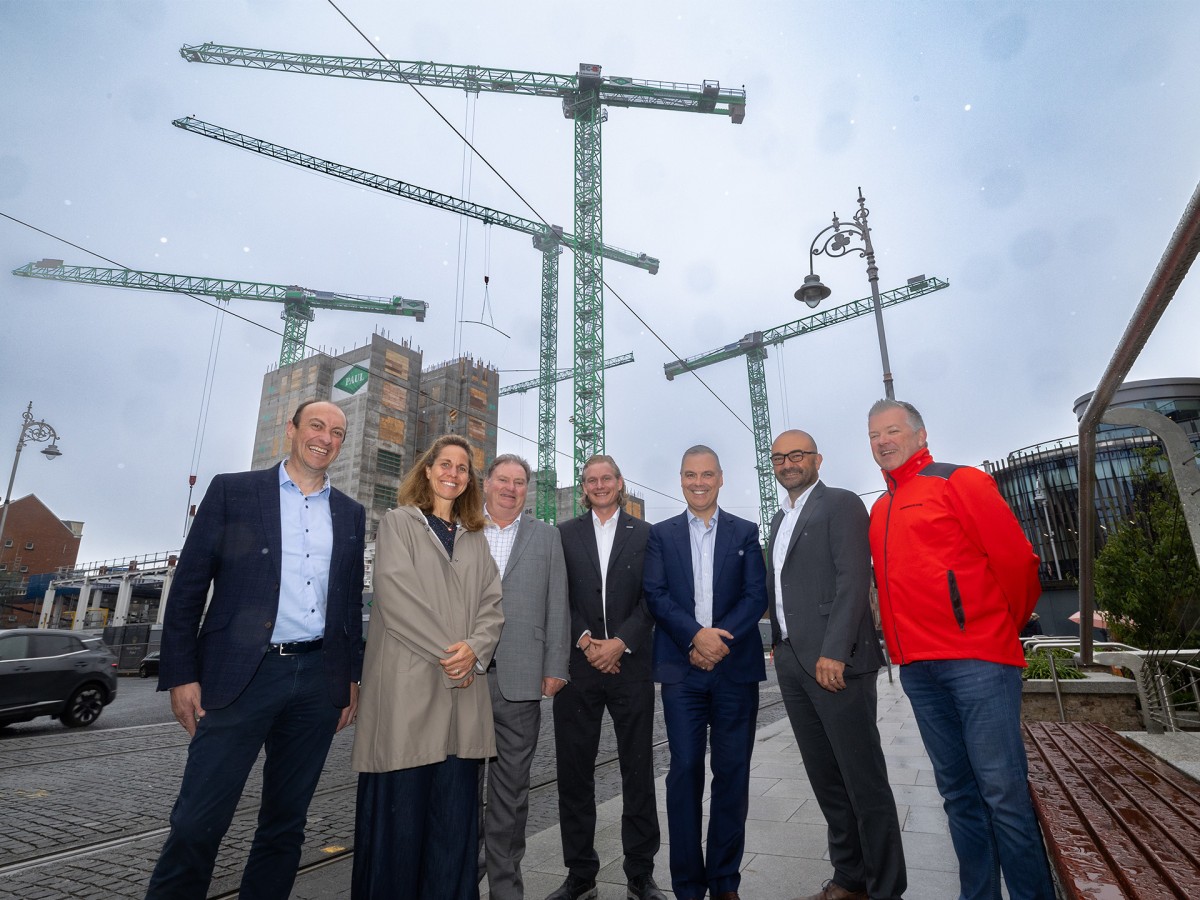
Lifting
19/11/2024
Liebherr Tower Cranes and John Paul Construction celebrate 50 years of partnership
Irish construction company John Paul Construction is celebra...

Lifting
29/10/2024
Wertz-Autokrane takes delivery of Liebherr LTM 1110-5.2 mobile crane
– The new 110-tonne crane complements the Wertz crane fleet...
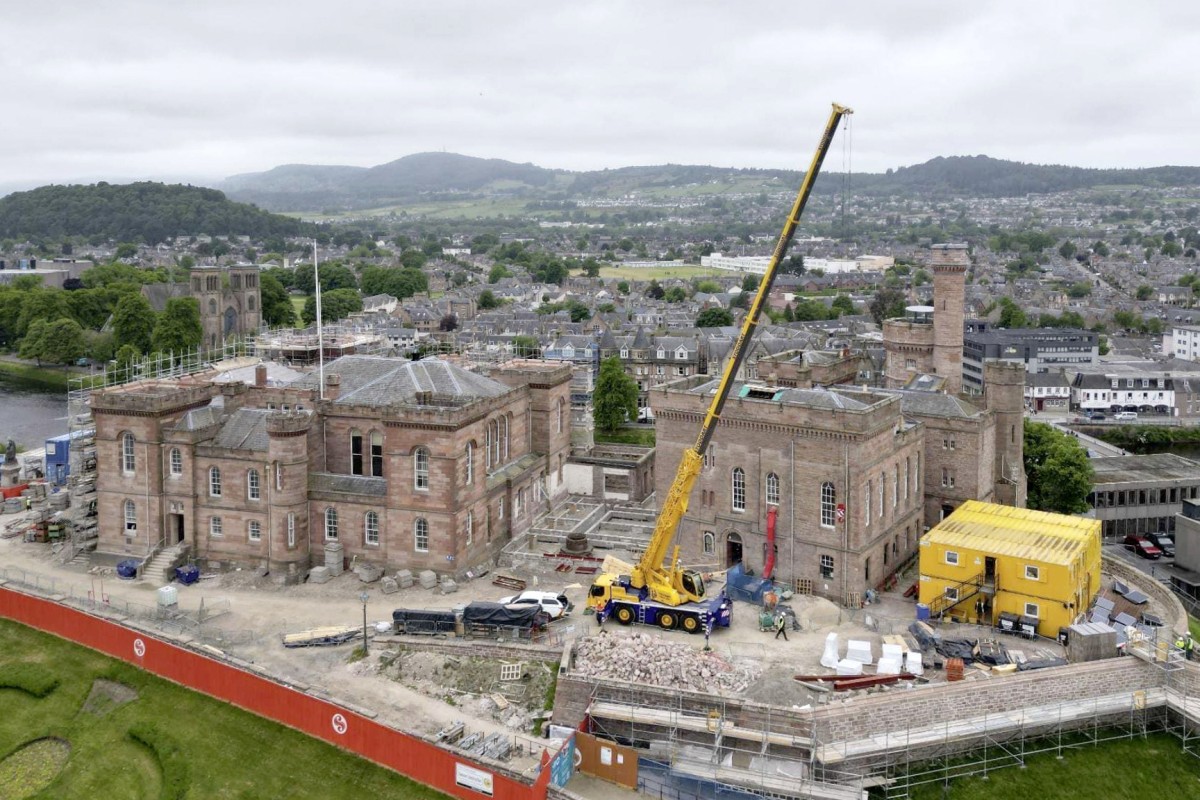
Lifting
23/10/2024
New Liebherr mobile cranes for Scotland
To mark its 20th anniversary, Stoddart Crane Hire gave itsel...
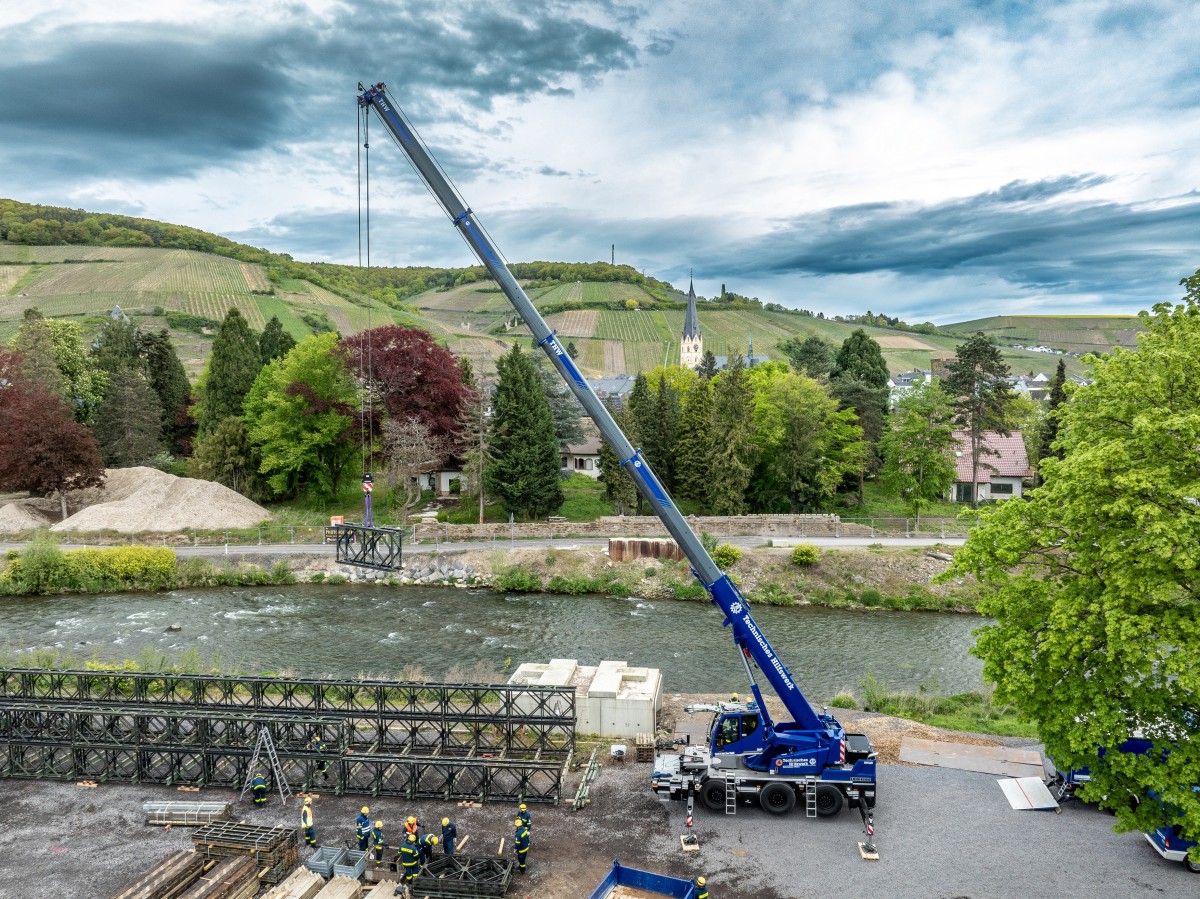
Lifting
17/10/2024
German Federal Agency for Technical Relief places its trust in Liebherr compact cranes
The German Federal Agency for Technical Relief (THW) placed...
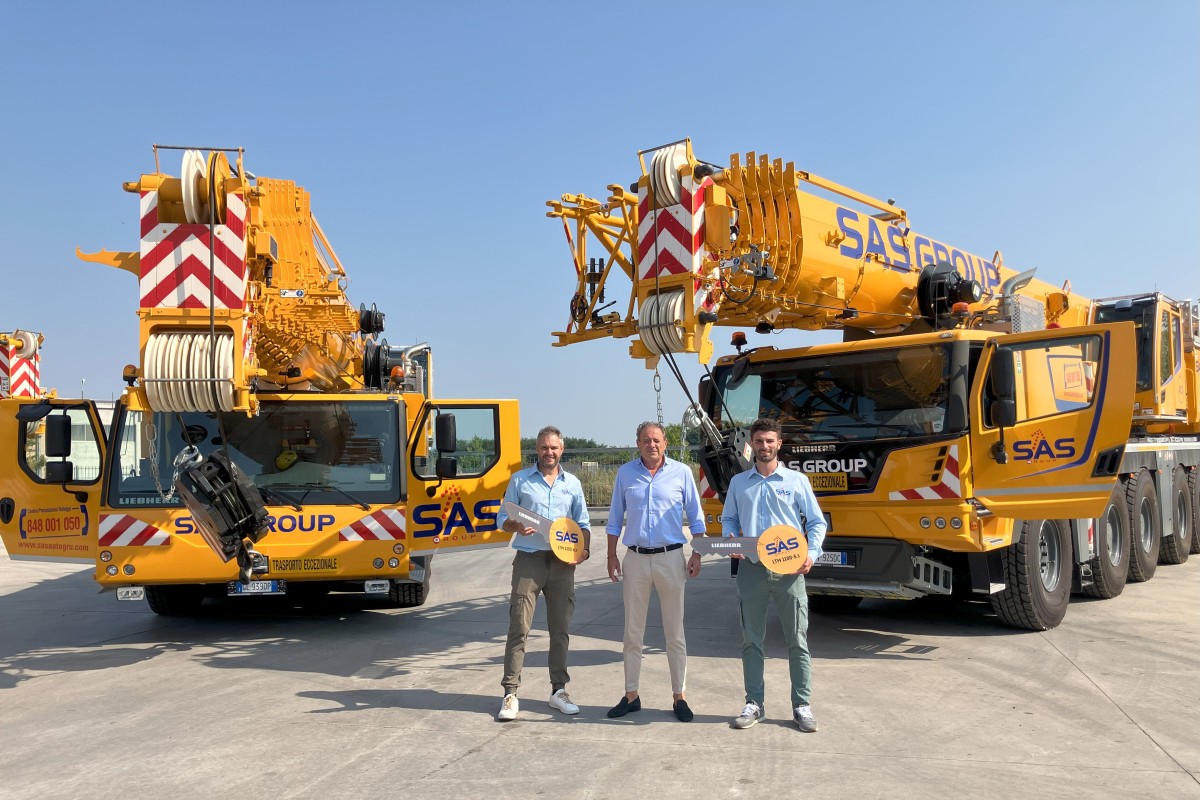
Lifting
14/10/2024
S.A.S Group expands Liebherr crane fleet
S.A.S Group expanded its Liebherr crane fleet with LTM 1300-...
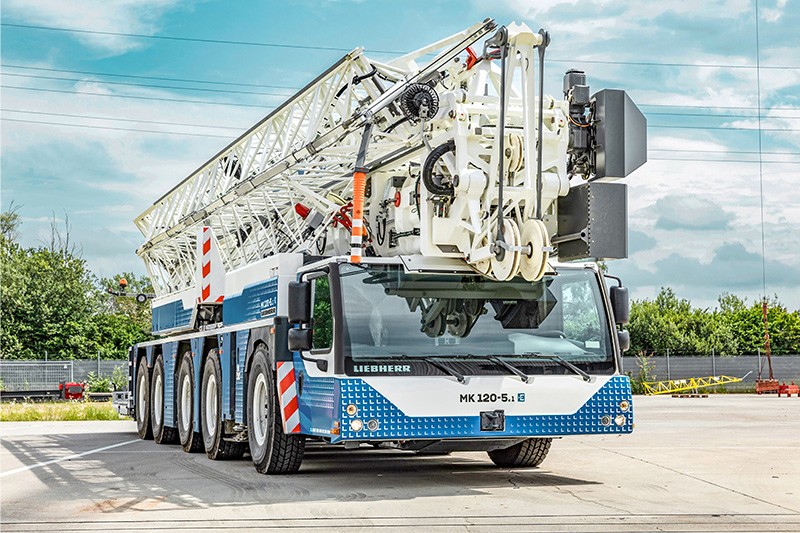
Lifting
04/10/2024
Liebherr’s mobile construction crane range is expanding
MK 120-5.1, now available to order, is an agile five-axle mo...
Altri International
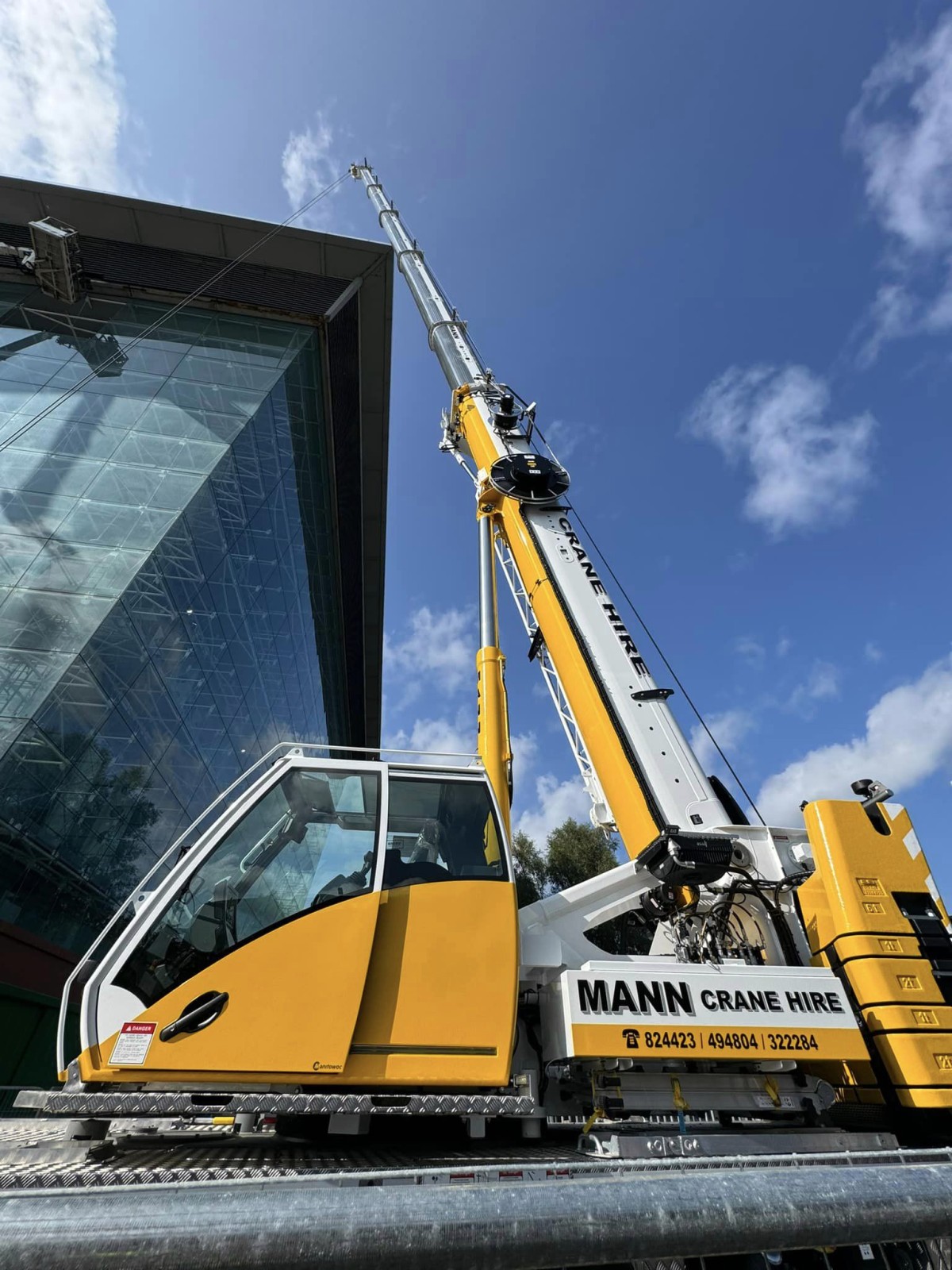
International
25/11/2024
New Grove GMK3060L-1 drives busy schedule for Mann Crane Hire
• Mann Crane Hire selected the GMK3060L-1 for its class-lead...
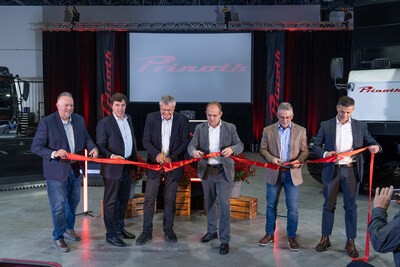
International
25/11/2024
Prinoth Unveils Expanded Production Facility in Granby, Canada
Prinoth held an event to announce the official opening of it...
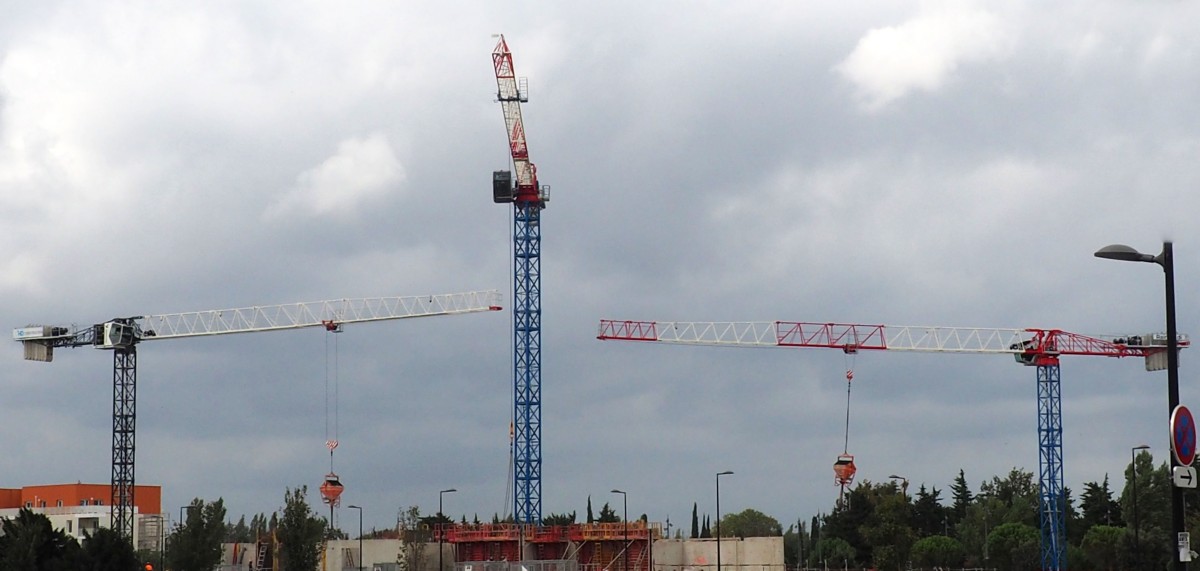
International
23/11/2024
GPMat International takes delivery of two Raimondi T147s residential development in the South of France
- Official agent of France expands its product lineup with t...
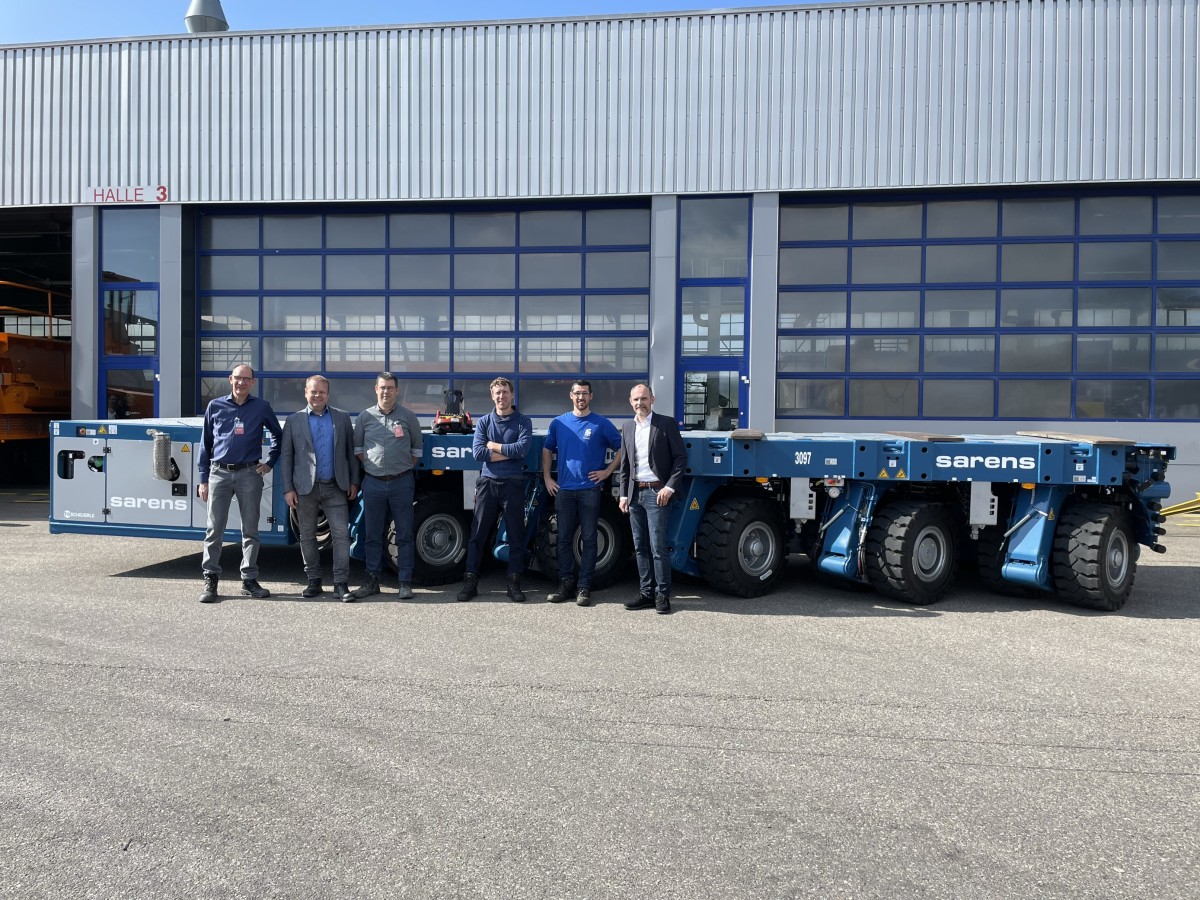
International
22/11/2024
Sarens acquires additional SCHEUERLE SPMT K24 modules
renowned for its expertise in crane rental services, heavy l...
International
22/11/2024
Five WOLFF cranes modernize Oslo’s Ulven district
With a total of five WOLFF cranes of type 7534.16 Clear, Wol...
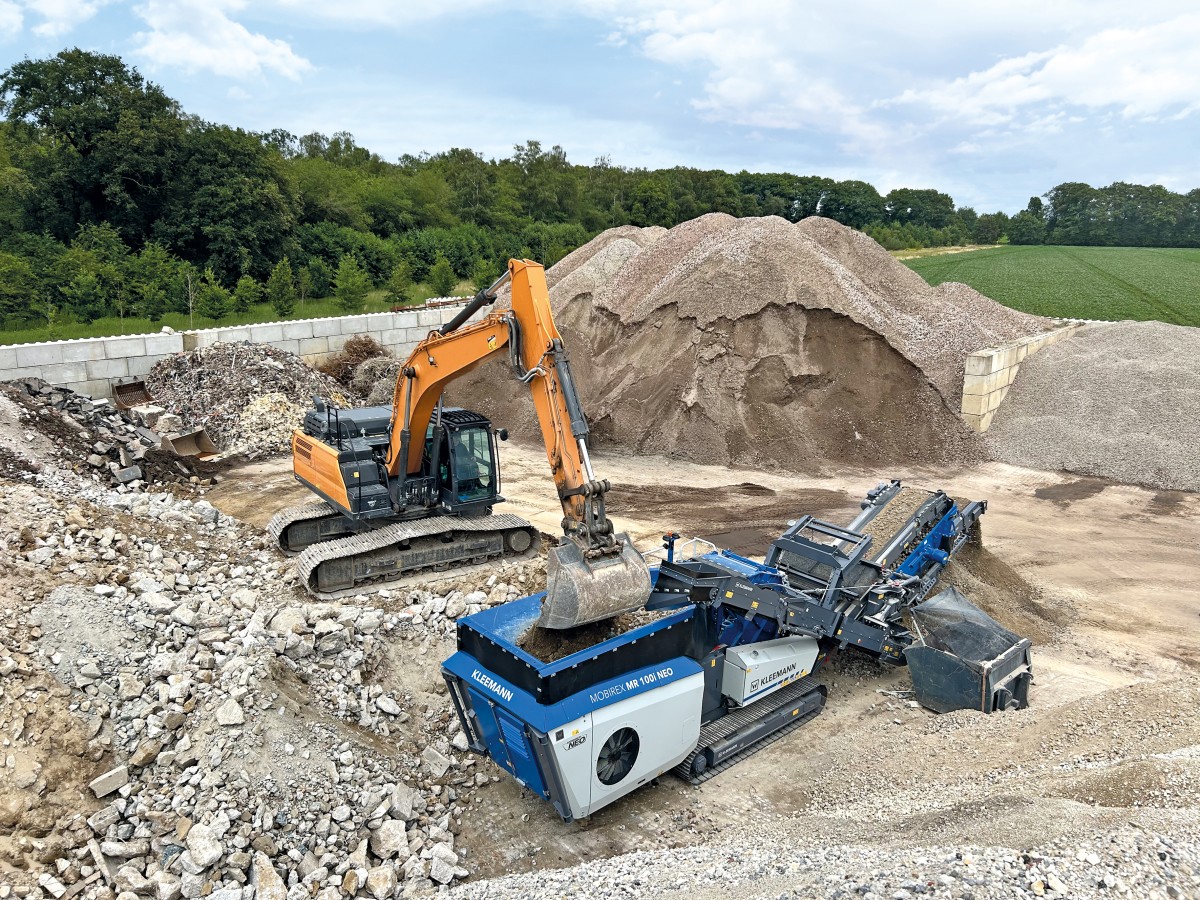
International
21/11/2024
Kleemann: New compact crusher used for recycling
Impact crusher MOBIREX MR 100i NEO impresses during operatio...











